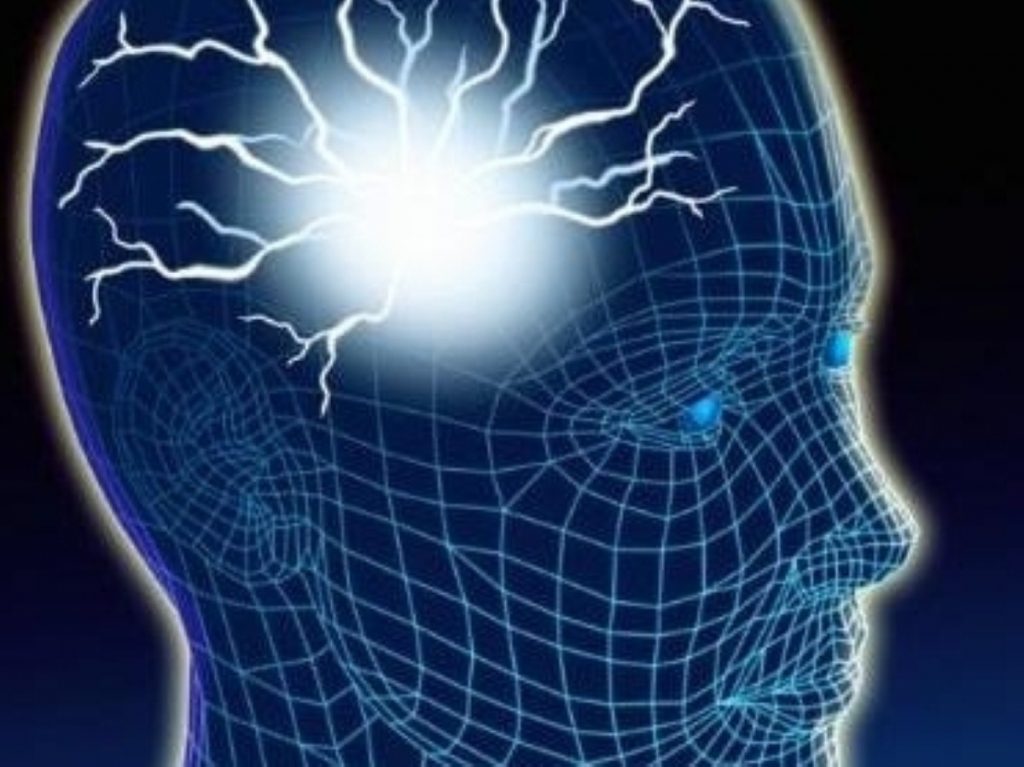Scientists discover ‘liberal gene’
By Ian Dunt
Scientists have highlighted research showing a link between a specific receptor gene and liberal political views.
Research on 2,000 subjects from the National Longitudinal Study of Adolescent Health showed that people with a specific variant of the DRD4 dopamine receptor gene were more likely to be liberal as adults, but only if they had an active social life in adolescence.
The finding, reported in the latest edition of Cambridge University Press’ Journal of Politics, suggests genetics may have a substantial role in the formation of political beliefs, along with social factors.


Comment: Genes don’t make us liberal – Kant did
Lead researcher James H. Fowler of UC San Diego hypothesised that people with a variant of the dopamine receptor gene, which had previously been associated with novelty-seeking behaviour, would have a larger network of social contacts and be more receptive to learning of their friend’s points-of-view.
The exposure to a wider variety of social norms and lifestyles would make them more liberal than average, the scientists hypothesised.
“It is the crucial interaction of two factors-the genetic predisposition and the environmental condition of having many friends in adolescence-that is associated with being more liberal,” researchers said.
This held true independent of ethnicity, culture, sex, or age, the team insisted.
“These findings suggest that political affiliation is not based solely on the kind of social environment people experience,” the report said.
“It is our hope that more scholars will begin to explore the potential interaction of biology and environment. The way forward is to look for replication in different populations and age groups.”












